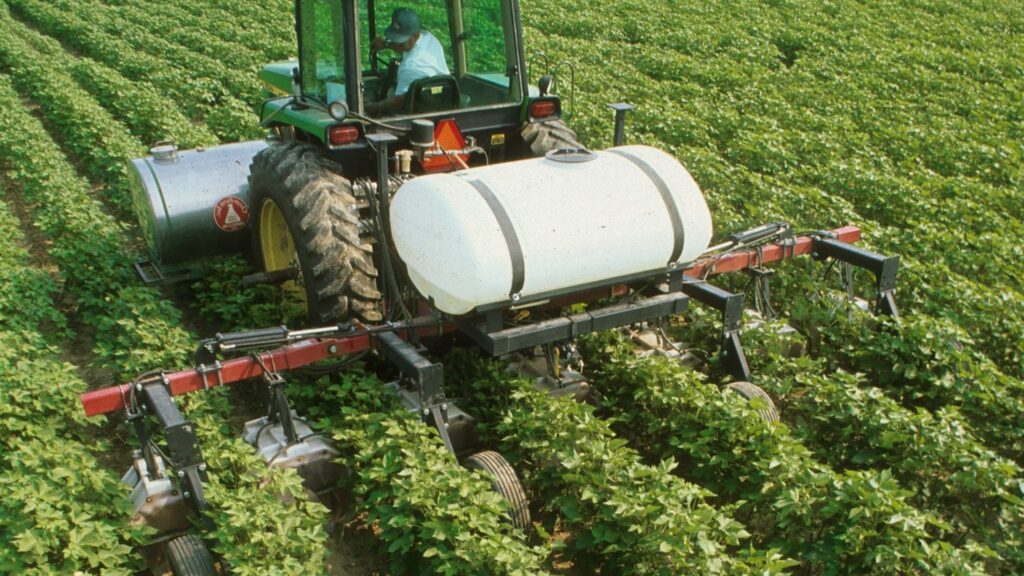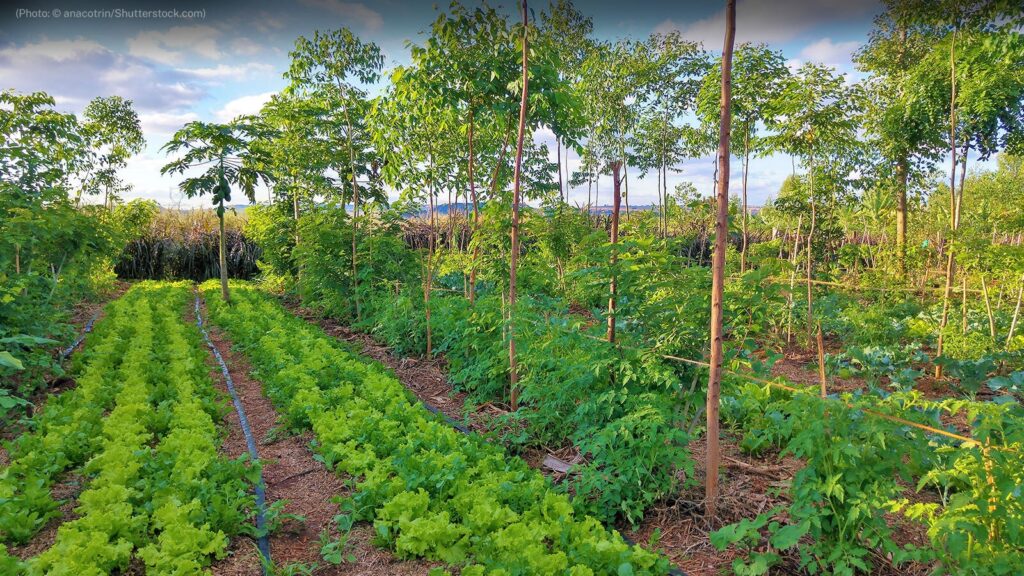In recent years, agriculture has undergone a remarkable transformation. The traditional image of a farmer toiling in the fields has evolved into a high-tech industry where innovation and sustainability go hand in hand. Thanks to advancements in technology, farmers are now equipped with cutting-edge tools and techniques that not only boost productivity but also contribute to a more sustainable future. In this article, we’ll explore how technology is revolutionizing agriculture and helping farmers become stewards of sustainable farming practices.
1. Introduction: The Changing Landscape of Agriculture
The face of agriculture is evolving rapidly. As the world’s population continues to grow, the demand for food surges. Farmers are under pressure to produce more while minimizing their environmental footprint. This challenge has paved the way for a technological revolution in farming.

2. Precision Agriculture: Farming with Pinpoint Accuracy
Precision agriculture is at the forefront of modern farming practices. It involves using GPS technology and sensors to analyze data that guides precise planting, irrigation, and harvesting. By optimizing resource use, farmers can increase yields and reduce waste.
3. The Role of IoT in Agriculture
The Internet of Things (IoT) has found its place in agriculture. Sensors placed in the field collect data on soil moisture, weather conditions, and crop health. This real-time information allows farmers to make informed decisions and respond to changing conditions swiftly.
4. AI and Machine Learning in Farming
Artificial intelligence and machine learning are transforming farming. These technologies analyze vast datasets to predict crop diseases, optimize planting schedules, and even operate autonomous machinery. The result? Increased efficiency and reduced resource use.
5. Drones in Agriculture: A Bird’s-Eye View of Fields
Drones have taken to the skies, providing farmers with a unique perspective on their fields. They capture high-resolution images, detect crop diseases early, and monitor livestock. Drones enable farmers to make data-driven decisions for healthier crops and animals.
6. Sustainable Crop Management with Big Data
Big data analytics are changing the way farmers manage their crops. By analyzing historical and real-time data, farmers can fine-tune their crop management strategies, reducing the need for pesticides and fertilizers.
7. Water Management: A Precious Resource in Agriculture
Water scarcity is a global concern, and agriculture is a major water consumer. Technology helps farmers optimize water use through efficient irrigation systems and water monitoring tools, reducing waste and conserving this precious resource.
8. Farming in the Cloud: Benefits of Cloud Computing
Cloud computing has brought immense benefits to agriculture. Farmers can access and analyze data from anywhere, collaborate with experts, and utilize powerful software for farm management, all while reducing the need for on-site hardware.
9. Vertical Farming: The Future of Crop Production
Vertical farming is a space-efficient and resource-saving solution for urban agriculture. By growing crops in vertically stacked layers, this technology minimizes land use and ensures a controlled environment for year-round cultivation.
10. Robotics and Automation on the Farm
Robots are increasingly assisting farmers with labor-intensive tasks, such as planting, harvesting, and weeding. Automation not only increases productivity but also reduces the physical strain on farmers.
11. Biotechnology and GMOs: Balancing Act for Sustainability
Biotechnology and genetically modified organisms (GMOs) have generated debates in agriculture. While they can enhance crop resilience and yields, their sustainability impacts need careful consideration to ensure a balanced approach.
12. Sustainable Livestock Farming
Sustainability extends to livestock farming. Technology helps optimize animal welfare, reduce greenhouse gas emissions, and improve the overall efficiency of meat and dairy production.
13. The Importance of Renewable Energy in Agriculture
Renewable energy sources, such as solar panels and wind turbines, are powering farms sustainably. They reduce reliance on fossil fuels and decrease the carbon footprint of agricultural operations.
14. Challenges and Concerns in Agricultural Technology
As agriculture embraces technology, challenges arise, including data privacy, cybersecurity, and equitable access to innovations. Addressing these concerns is crucial for the responsible adoption of agricultural technology.
15. Conclusion: Cultivating a Sustainable Tomorrow
The future of farming lies in the hands of innovative farmers who harness technology for sustainable agriculture. From precision agriculture to renewable energy, the possibilities are endless. By adopting these technologies responsibly, we can ensure a brighter and more sustainable future for agriculture.



